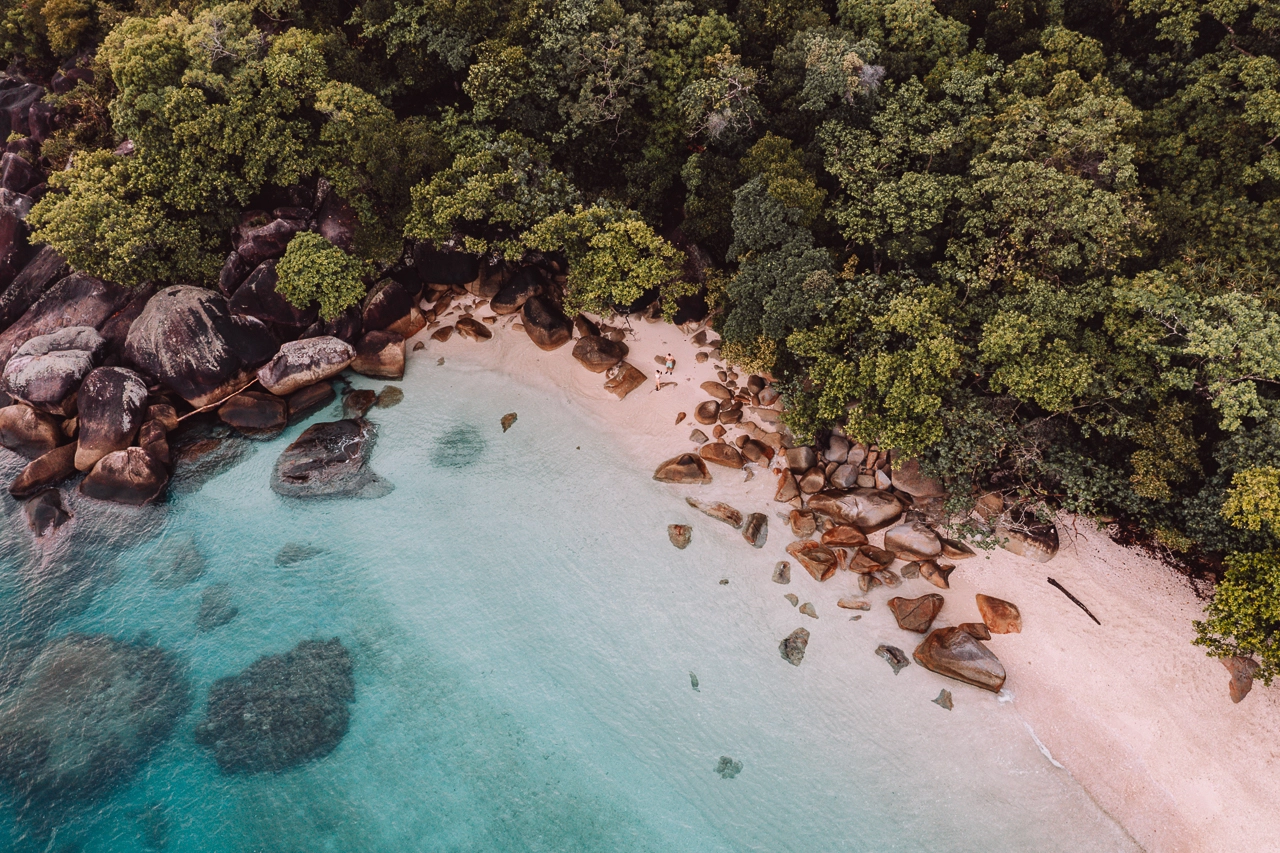The best time to visit Tasmania is arguable, depending on who you ask. We purposefully travelled to Tasmania at the beginning of the Australian summer for the warmer temperatures and longer daylight hours.
Across our 17 days Tasmanian road trip, we were blessed with fine weather, with a rainy day in Freycinet National Park at the beginning and some light drizzle here and there. On the days that there was an overcast sky and howling winds in the morning, we would often find ourselves driving through the countryside in the afternoon with a clear blue sky and warm sunshine on our skin.
Based on our experience and also speaking to locals, you need to be prepared for the 4 seasons in a day. A raincoat should be packed and dressing in layers is usually wise too.
